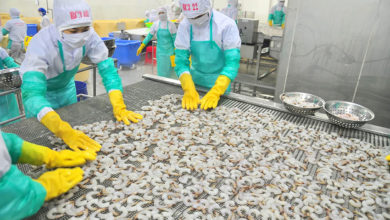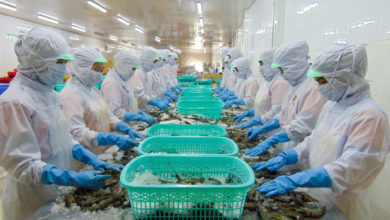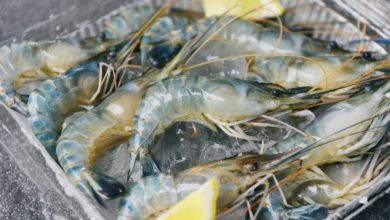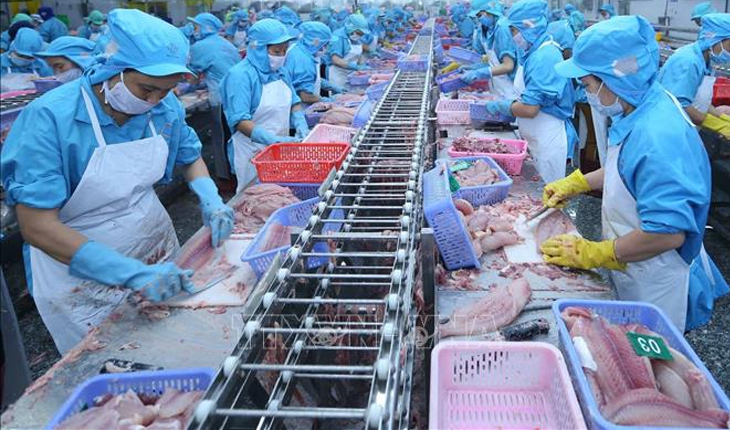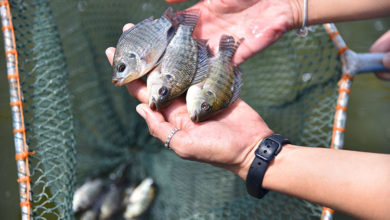UK officially joins CPTPP: Which Vietnamese exports stand to benefit?
On December 15, the United Kingdom officially became the 12th member of the Comprehensive and Progressive Agreement for Trans-Pacific Partnership (CPTPP). This milestone presents a significant opportunity for Vietnamese businesses to deepen their access to a market worth up to £900 billion.
Enhanced commitments for Vietnam
According to Vietnam’s Ministry of Industry and Trade, the CPTPP outlines the UK’s commitment to opening up six key areas, including trade in goods, trade in services and investment, temporary entry of businesspeople, government procurement, and financial services. This agreement is the UK’s largest trade pact since leaving the European Union in 2020, offering Vietnam a gateway to a market with an annual import value of up to £900 billion.
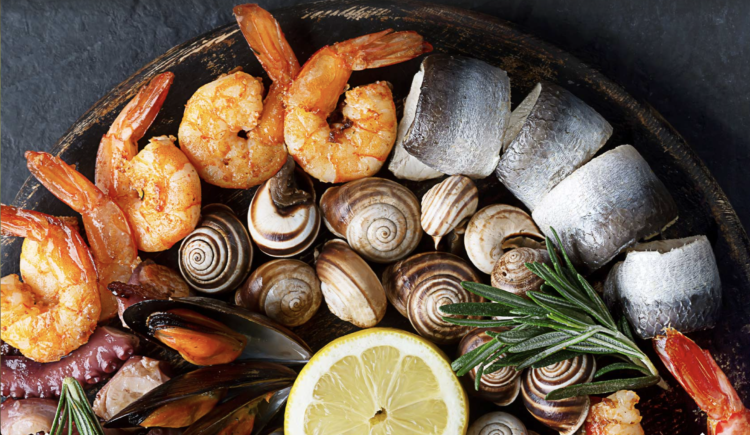
Notably, during the UK-Vietnam negotiations for CPTPP accession, the UK pledged higher market access for Vietnam than for other member nations and greater benefits than those in the bilateral UK-Vietnam Free Trade Agreement (UKVFTA). Specifically, the UK committed to eliminating 94.4% of tariff lines for Vietnam immediately upon the agreement’s enforcement, compared to 93.9% for other CPTPP members. As a result, key Vietnamese export products like rice, seafood, and cassava starch will benefit from more favorable terms than under the UKVFTA.
For rice, the UK has allocated a dedicated tariff quota for Vietnam, increasing from 3,300 tons in the first year to 17,500 tons annually from the eighth year (2030) onwards, with a 0% in-quota tariff. This is nearly double the quota offered to other CPTPP nations.
In the seafood sector, most of Vietnam’s leading products already enjoy 0% preferential import tax in the UK. However, certain processed shrimp products under HS codes 160521 and 160529 currently face a 7% tariff. These products, which dominate the UK market with a 36% share, will gain even more market potential as Vietnamese shrimp benefits from new tariff preferences under the UK’s CPTPP membership. Additionally, the UK has pledged to eliminate all quotas and import taxes on tuna either immediately or within seven years for specific tax lines.
The UK has also sent a formal letter to Vietnam, confirming that industries operating in Vietnam are regarded as functioning under market economy conditions. This development simplifies trade defense investigations, particularly anti-dumping probes, ensuring fairer treatment and reasonable anti-dumping duties for Vietnamese exports.
Considerations for Vietnamese businesses
Data from Vietnam’s General Department of Customs shows that Vietnam’s exports to the UK totaled nearly USD 7 billion in the first 11 months of this year, making the UK Vietnam’s seventh-largest export market. Key exports include seafood (USD 290 million), cashew nuts (USD 93 million), coffee (over USD 120 million), handbags and luggage (over USD 110 million), wood and wood products (over USD 200 million), textiles and garments (nearly USD 700 million), footwear (over USD 900 million), mobile phones and components (USD 1.1 billion), and machinery and equipment (USD 1.2 billion).
However, the UK remains one of the world’s most demanding markets, with stringent standards for domestic goods. To capitalize on CPTPP opportunities, Vietnamese exports must meet local regulatory requirements. Vietnamese businesses should also focus on enhancing competitiveness by improving product quality, tightly controlling production processes, and ensuring traceability to boost exports.
VFM


